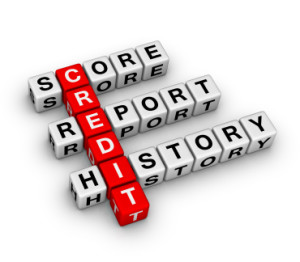 Today’s top story: How to bounce back from a credit card mistake. Also in the news: Why you should pack a travel guidebook even in 2021, 4 traits that helped small businesses survive the pandemic, and how charitable donations can earn you an added tax deduction this year.
Today’s top story: How to bounce back from a credit card mistake. Also in the news: Why you should pack a travel guidebook even in 2021, 4 traits that helped small businesses survive the pandemic, and how charitable donations can earn you an added tax deduction this year.
How to Bounce Back From a Credit Card Mistake
Errors happen to even the most seasoned credit card users. They can be costly, but they’re not irreversible.
Why You Should Pack a Travel Guidebook, Even in 2021
The pages of an actual guidebook often offer a level of quality and convenience that the internet can’t.
4 Traits That Have Helped Small Businesses Survive the Pandemic
Expanded delivery and online services, among other features, have been attractive to consumers during the pandemic.
How Charitable Donations Can Earn You an Added Tax Deduction This Year
Hold on to those donation receipts.
 Today’s top story: Want a raise in 2021? You may not even need to ask for it. Also in the news: How to be effective with your generosity in 2020, how to prepare for student loan payments to restart in 2021, and what to do if you’re behind on your rent or mortgage.
Today’s top story: Want a raise in 2021? You may not even need to ask for it. Also in the news: How to be effective with your generosity in 2020, how to prepare for student loan payments to restart in 2021, and what to do if you’re behind on your rent or mortgage.  Today’s top story: Scaling back spending yields unexpected benefits. Also in the news: A new episode of the SmartMoney podcast on charitable donations and new baby expenses, a travel expert shares his tips for traveling during a pandemic, and who needs to request a Coronavirus relief payment before October 15th.
Today’s top story: Scaling back spending yields unexpected benefits. Also in the news: A new episode of the SmartMoney podcast on charitable donations and new baby expenses, a travel expert shares his tips for traveling during a pandemic, and who needs to request a Coronavirus relief payment before October 15th.